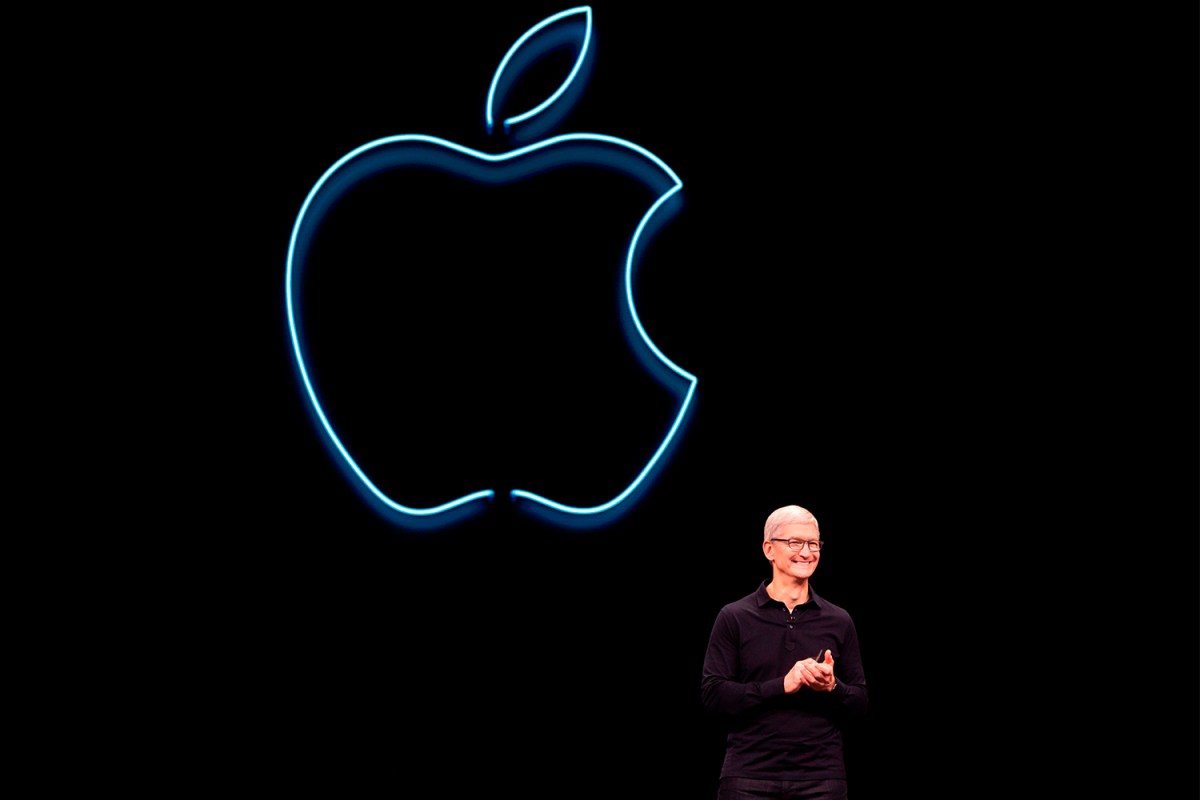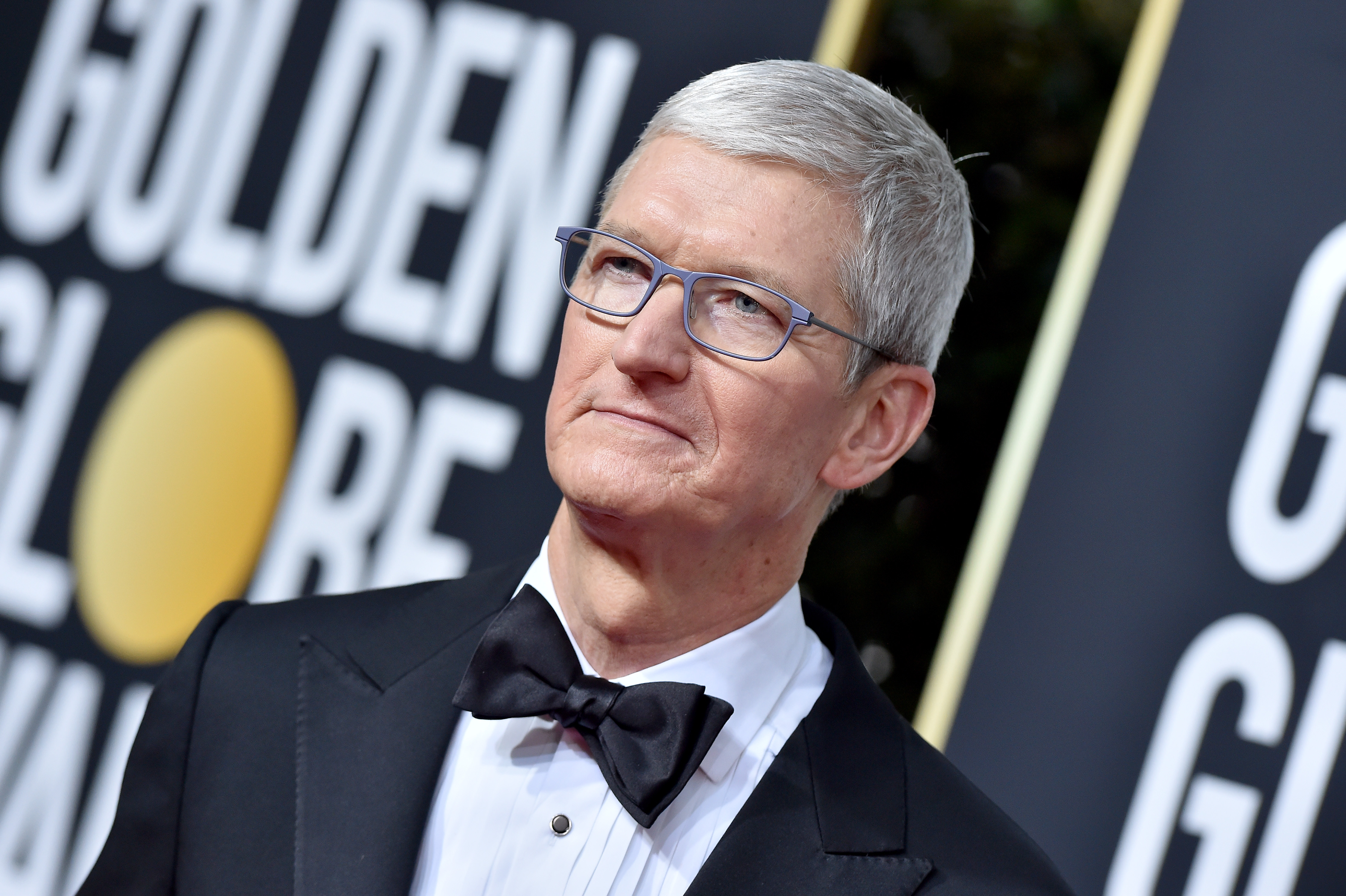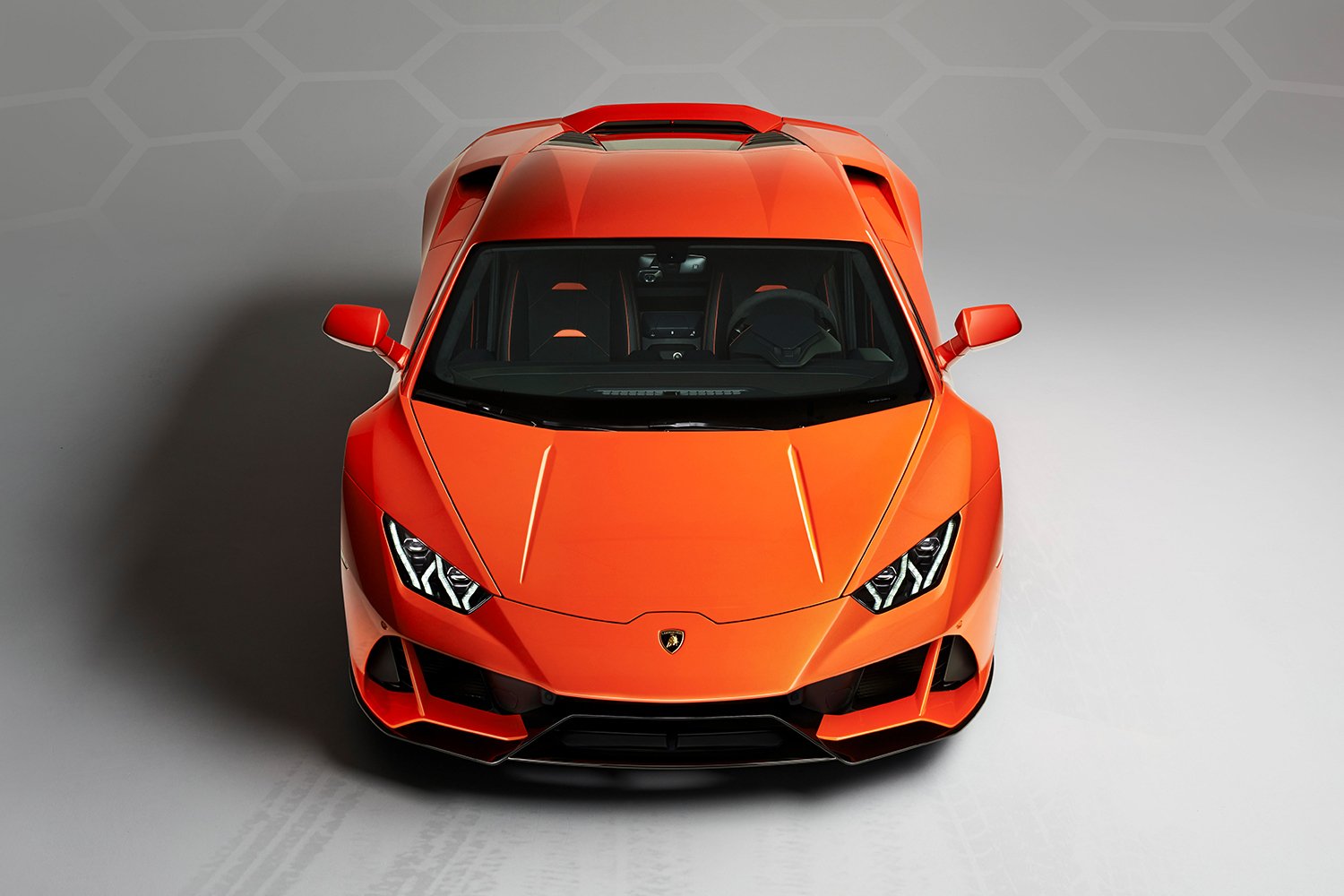The most outlandish forecasts about the automotive industry don’t tend to come true, as evidenced by the complete lack of flying cars 50 years after Chitty Chitty Bang Bang. Over a century after the first Model T, Ford is still producing the best-selling vehicle in the U.S. And despite Tesla’s disruption, Elon Musk’s lineup doesn’t look that much different than cars of yore.
That could all change when Apple begins selling its first car. This week, Reuters broke the news that the tech giant “is moving forward with self-driving car technology and is targeting 2024 to produce a passenger vehicle that could include its own breakthrough battery technology.” It came as a shock to Apple and automotive acolytes alike, especially after years of the company seesawing on the idea.
A quick refresher: Apple’s car initiative, called Project Titan, has been kept under wraps since it started in 2014 and has fluctuated between being purely about self-driving technology and an actual consumer car. At one point it seemed the tech company had scrapped the plans, but then in 2018, Doug Field, an Apple alum who moved on to Tesla, came back to work on Titan. And now because of the reporting at Reuters, we know that the company is serious this time.
“It’s next level,” an anonymous source told Reuters of Apple’s battery technology. “Like the first time you saw the iPhone.”
Despite the investor excitement in the report that led Apple’s stock price to get a nice bump, there were immediate naysayers. Wedbush tech analyst Dan Ives told Yahoo Finance “that many on the Street would rather see Apple partner on the EV path, than start building its own vehicles/factories given the margin and financial model implications down the road.” Others echoed that sentiment, that building a brand new car isn’t worth it for Big Tech. They should just play second fiddle to Big Auto, or at least other dedicated automotive outfits.
Of course, Apple, as well as its peers like Amazon and Google, have slowly been getting louder in the auto space for years, from initiatives like Apple CarPlay to automakers tapping into Amazon Web Services, as cars become more focused on tech than old-school muscle. Eventually, they’re going to stop being supporting characters and start being competitors, because the future of cars lies in the products the tech companies are building.
Just look at Tesla — they’re classified more as a tech company than an auto company, and that’s partly because they deal in electric vehicles, a relatively simplified design compared to old gas-powered vehicles, one that can prioritize new technology. If electric vehicles are indeed the future, then Apple (which is building its own car), Amazon (which owns electric robotaxi company Zoox and heavily invests in electric truck company Rivian) and Google (whose parent company Alphabet owns electric robotaxi company Waymo) are poised for success, and potential domination.
Many online commenters have taken the stance of “I’ll believe a Big Tech car when I see it.” That’s fine by us, because whether it happens by 2024 or not, it will happen.
Thanks for reading InsideHook. Sign up for our daily newsletter and be in the know.

















